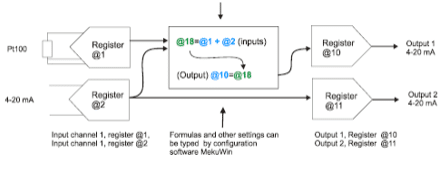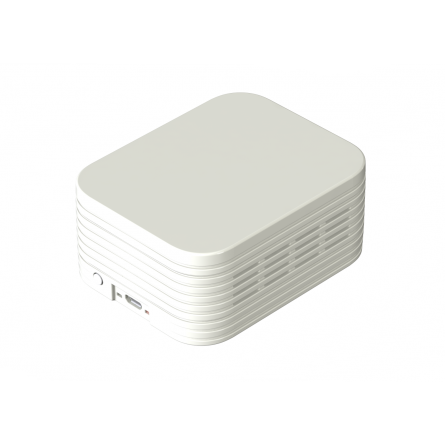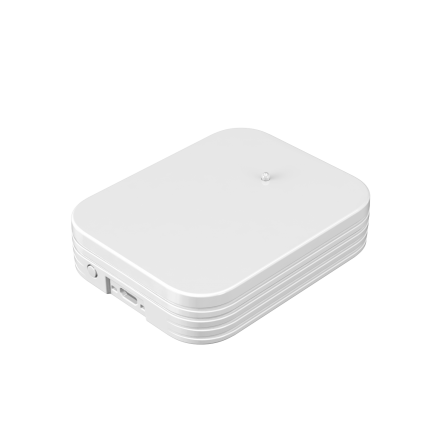Programmable Dual-Channel Transmitter – Nokeval 6821
The Nokeval 6821 is a rail-mounted two-channel measurement unit for temperature sensors and other electrical inputs.
Technical Details
- 2 analogue inputs, 0/4-20 mA or 0…5/10 V, mV, Pt100, thermocouples
- 2 analogue outputs 0/4-20 mA or 0…5/10 V
- 2 alarm relays
- Mathematical and logical operations with an easy programming language
- Serial signal RS-485
- Modbus RTU or Nokeval SCL protocol
- Operating voltage 90…240 VAC or 24 VDC
- Configuration with MekuWin PC software or front panel keys
Prices from £347.25
Need Some Help?







